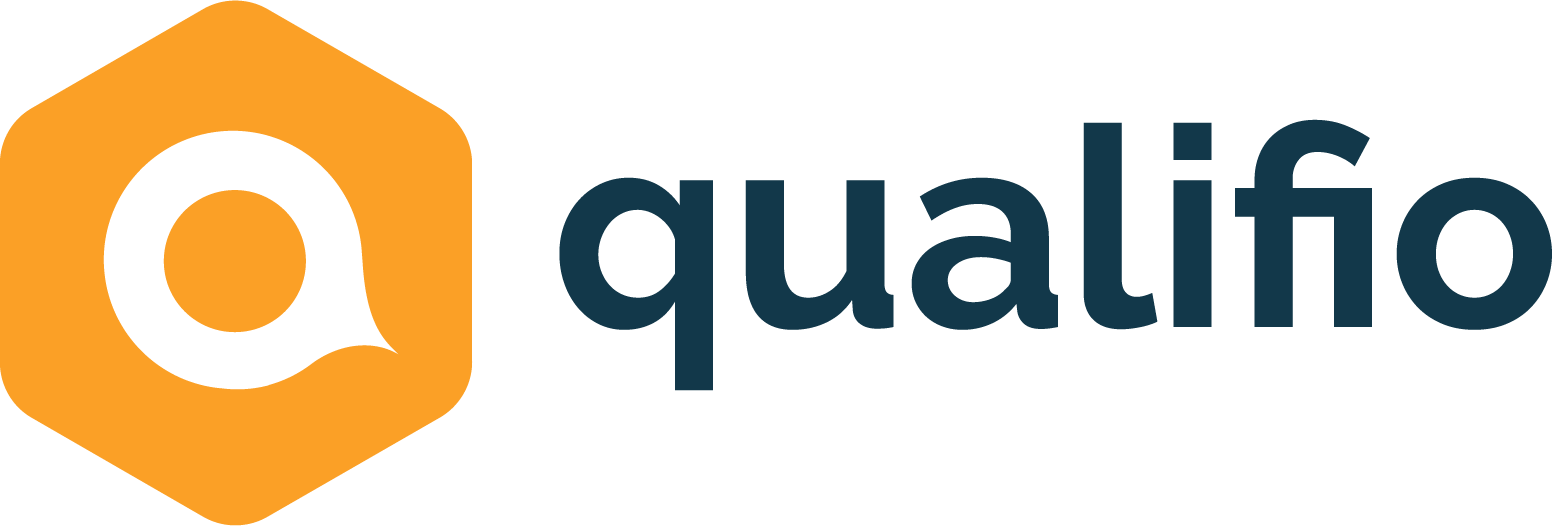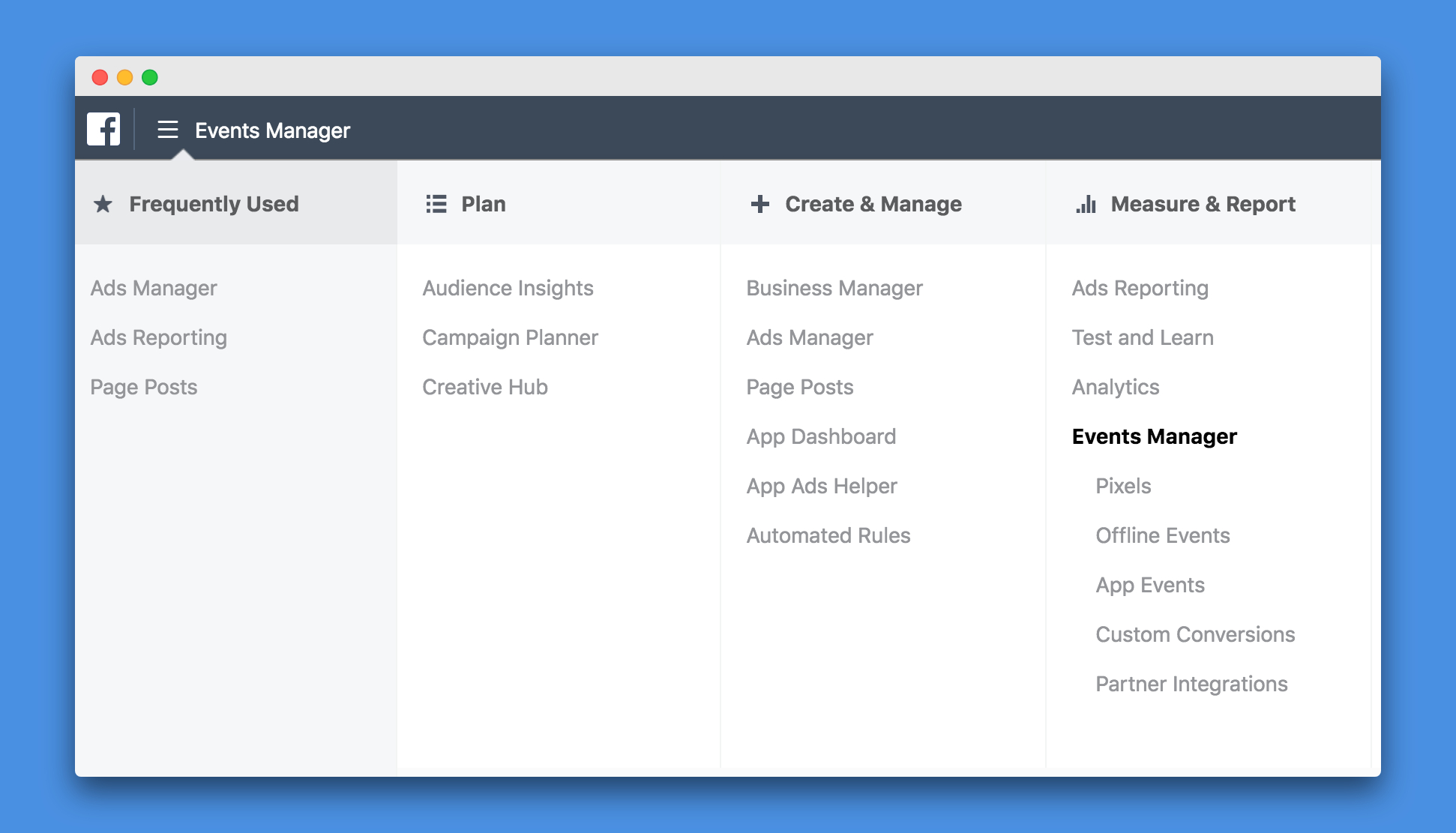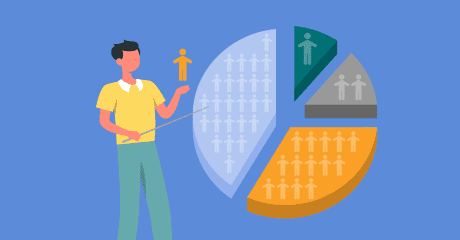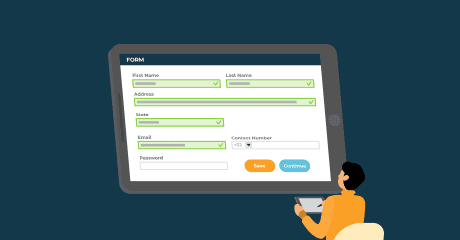What are Facebook’s first-party cookies for pixel?
Facebook adds a first-party cookie option
If you are a customer of Facebook advertising, you may have seen an email in which Facebook talked about a new first-party cookie option for its Pixel. The platform frames it as a way to continue offering advertisers access to website activity data and ad retargeting with Facebook.
Are you somewhat confused by this vague explanation? We did a bit of digging! Here’s what you need to know.
Let’s start with some cookie basics
What are cookies? Cookies are small pieces of data sent from a website and stored on the user’s computer by their browser while they are browsing. Cookies were designed to be a reliable mechanism for websites to remember useful information about the user.
In the case of a first-party cookie, that small amount of data is created by the website the user is visiting. Conversely, a third-party cookie is placed by a website from a domain other than the one the user is visiting.
Because of security and privacy concerns, third-party cookies are often blocked through browser settings or ad blocking extensions, which makes them somewhat less effective for advertisers.
What has forced this change?
Tracking is a the heart of Facebook’s advertising model. Until now, the platform has relied on third-party cookies to match website events, measure conversions, optimise performance and build audience segments. But it has come under increased pressure due to a combination of different causes.
Firstly, the rise of the data privacy regulations. From day one of the entry into force of the GDPR, Facebook was one of the first companies to come under the spotlight of this new regulation, facing a large number of lawsuits accusing them of coercing users into sharing personal data.
Secondly, new restrictions from browsers on tracking. Over the last year, both Apple and Mozilla took aggressive measures to protect users’ privacy.
This increased focus on privacy aligns with the growing awareness and concerns about online tracking and data collection, making private browsers for Android and iOS a preferred choice for users looking to safeguard their personal information while browsing the internet.
Apple’s Intelligent Tracking Prevention (ITP) blocks third-party trackers from capturing cross-site browsing data for ad targeting purposes for more than 24 hours (read what Neil Patel has to say about it here!) And Mozilla’s Firefox browser now also automatically blocks third-party trackers.
For its part, Google Chrome rolled out a feature that will block ads on sites that engage in particularly annoying behaviours (e.g. sounds playing automatically or ads that can’t be dismissed until a certain amount of time has passed).
To understand exactly how big these moves are, here’s the global market share held by leading Internet browsers as of September 2018.
Finally, Facebook’s release of a first-party cookie option for ads is similar to updates made by other online platforms. In recent months, both Google and Microsoft introduced a first-party “tracking fix” to counter Apple’s ITP and other privacy moves. For instance, Google responded by releasing a Conversion Linker tag, which allows customers to store ad click information in first-party cookies.
How will Facebook’s solution work?
User clicks on a Facebook ad
↓
Landing page URL contains a unique code
↓
Unique code is written into the user’s browser as a first-party cookie
(that is if the user opted-in to share first-party cookie data with Facebook)
 Is it good news or bad news?
Is it good news or bad news?
This Facebook Pixel update is a huge win for marketers…
It will allow marketing specialists to capture data from users using any of the ad blocking methods above –as long as those users have opted in to their first-party pixel.
In general, first-party cookies also mean greater control over user data (it’s your data only!), better and more accurate data, as well as increased trust between consumers and brands. To cut a long story short, Facebook marketers will gain access to data they may have been missing out on.
…and could be good news for users as well.
With first-party data, users can have more peace of mind. Their data is safer, as it lives on one primary domain and is, therefore, less vulnerable to privacy debates.
It’s a win-win for everyone!
What do I need to do?
The Facebook Pixel update will go live on October 24. As of this day, both first-party and third-party cookies will become the default option for all Facebook pixels. Which means that new pixels will automatically include first-party cookies.
Indeed, as Facebook wrote in its blog post, “using both first and third-party cookies will enable you to reach more customers on Facebook and to be more accurate in measurement and reporting.”
If you’re fine with this, then you don’t need to do anything.
But do I really need first-party and third-party cookies?
Short answer: You may not technically need it, but using both first and third-party cookies will provide you with a more complete set of data.
Long answer: Facebook lets marketers choose whether to have first-party in their pixels. You are thus not required to enable those –it’s up to you! However, not adopting first-party cookies will leave you with limited information on your users due to disruptions from third-party cookie blockers.
It is important to know that users still have the ability to block first-party cookies.
Where to manage the setting? Facebook advertisers can change their selection at any point. If you want to opt-out, you can do so by updating your Pixel settings: Facebook > Events Manager > Pixels, then under “Pixel and Cookie Settings”.
To learn more about this update, you can view Facebook’s official Pixel support page.
Recommended reading:
